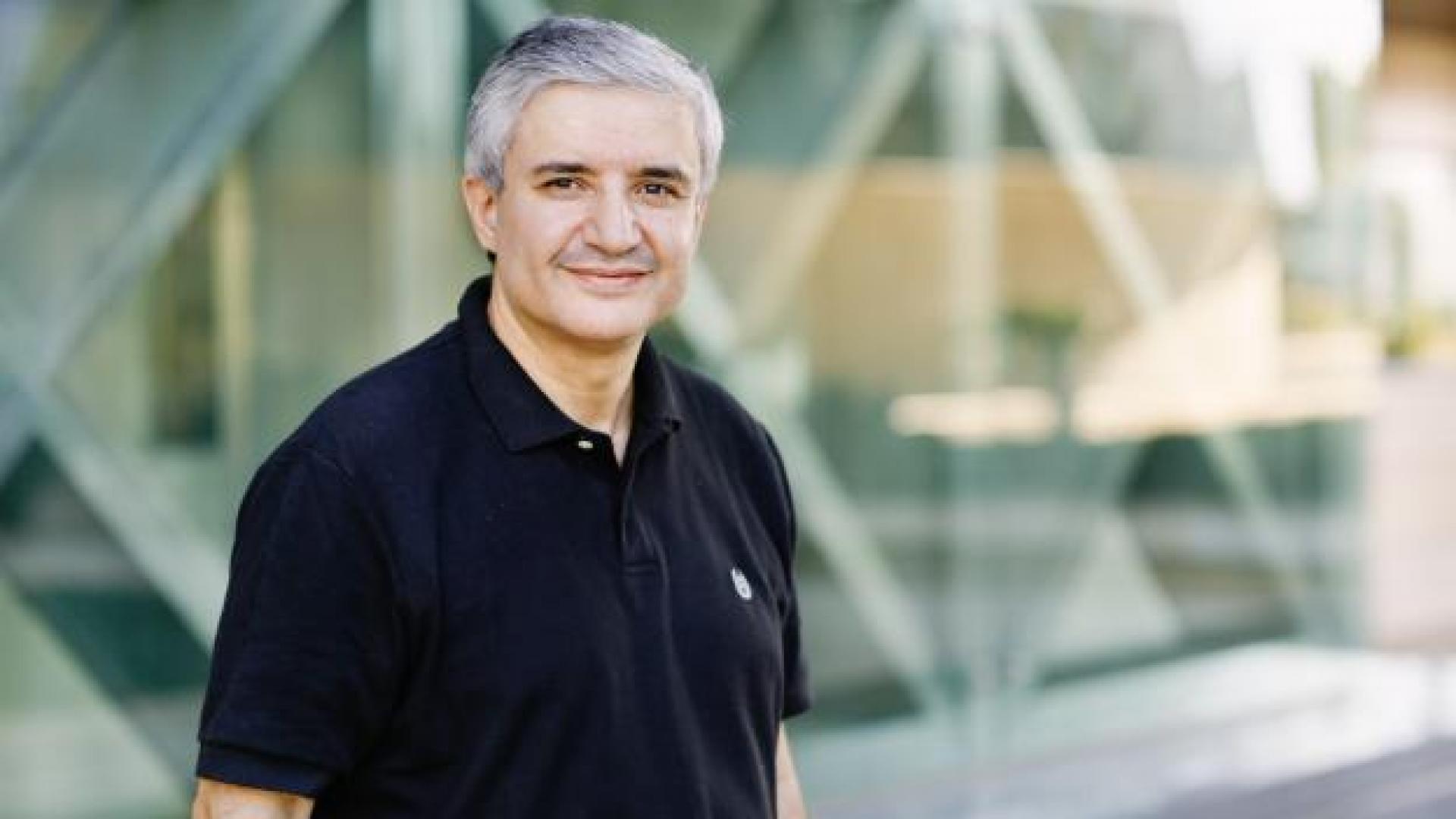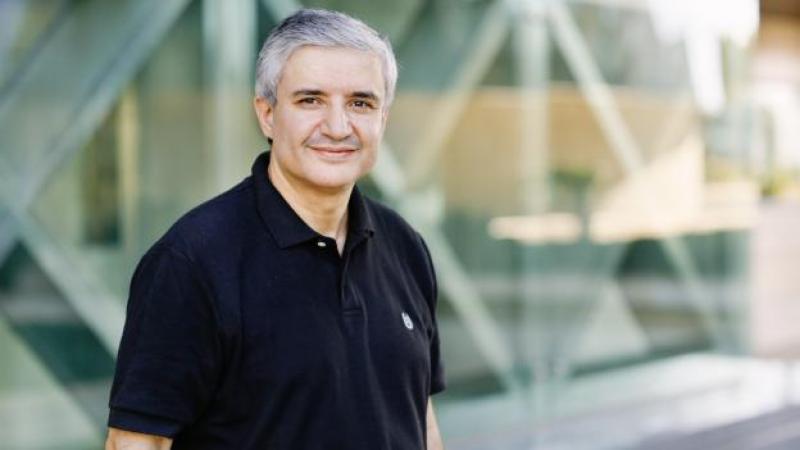By David Murphy
Professor Mohamed-Slim Alouini has been awarded both the 2019 Institute of Electrical and Electronics Engineers (IEEE) Communication Society Communication Theory Technical Committee (CCTC) Technical Achievement Award, and the 2020 IEEE Vehicular Technology Society James Evans Avant Garde Award. The CEMSE Division founding faculty member received the awards for his contributions in the modeling, design, performance evaluation, and optimization of wireless communication systems and networks.
Alouini acknowledged he was “humbled” by these recognitions from his peers: “I am delighted to be invited to join these ‘elite clubs.’ Many of the past recipients of both awards are among my academic role models.”
“I want to share these two awards with all my current and past research group members and collaborators. I sincerely thank every one of them for helping me to reach this stage,” he added.
Exploring the Future of Information and Communication Technologies
Throughout his 25-year research career, the IEEE Fellow and OSA Fellow has contributed to the development of analytical and simulation methods and tools to assess the performance of radio-frequency and optical wireless communication systems. Alouini has also worked on the design and optimization of innovative technologies for emerging wireless networks.
“My research work offers an interesting blend between analytical/computational developments and applied research where concrete, practical scenarios are considered and evaluated,” Alouini noted.
“Besides allowing developing economies to leap into the information age without the costly infrastructure, wireless technology is providing people with more freedom and flexibility. Wireless communication systems are becoming the dominant mode of information access and exchange,” he emphasized.
In a period of unprecedented growth and innovative development in the wireless communications industry, in his role as principal investigator of the KAUST Communication Theory Lab (CTL), Alouini encourages these days his team to address the uneven global distribution, access to, and use of Information and Communication Technologies (ICT).
In their goal to help achieve a sustainable, digitally inclusive future, the CTL group is busy investigating viable solutions to minimize ICT costs by deploying a variety of aerial and space-based networks. “For instance, we are studying and evaluating the performance of new generations of satellite constellations as a solution to provide back-haul connectivity to far-flung, less-populated, and/or hard-to-reach areas,” Alouini explained.
“We are also considering the utilization of high altitude pseudo satellites (HAPS), as flying airborne base stations in order to offer access to the unconnected or the under-connected. These HAP-based solutions can form a backbone network in the stratosphere at heights of about 17 to 22 kilometers in the sky,” he added.
Appointment as a KAUST Distinguished Professor
Together with his recent achievements, Alouini has also been appointed as a KAUST Distinguished Professor. The title of Distinguished Professor is reserved for those few KAUST faculty members who have helped change the direction of their field and establish a mark of distinction for the University. Alouini’s recent appointment is testament to his ongoing seminal research contributions and his standing as a well-respected leader in the field of wireless communications.
“I sincerely appreciate my appointment as a Distinguished Professor. Actually, I really like working with my research group members, and I find great satisfaction in interacting with my KAUST colleagues and collaborators. I would also like to extend my gratitude to many of the KAUST staff members for their daily support. I—and I am sure many of my colleagues—appreciate the time and effort they have invested to help us to achieve great results over the last 11 years,” Alouini noted.
“Last but not least, a big thank you to the KAUST senior leadership for appreciating my efforts and for giving me this great "'pat on the back,'” he concluded.

